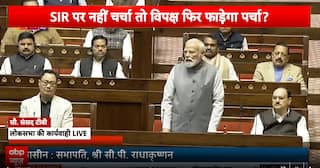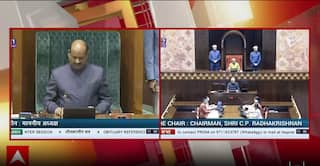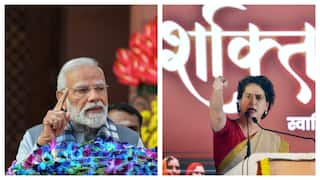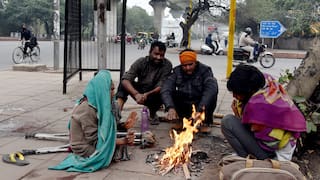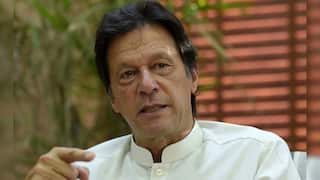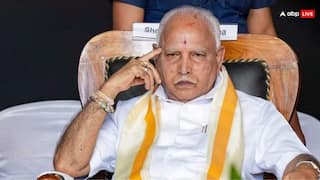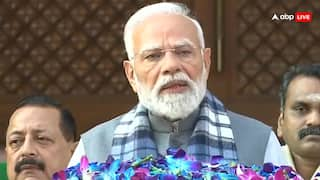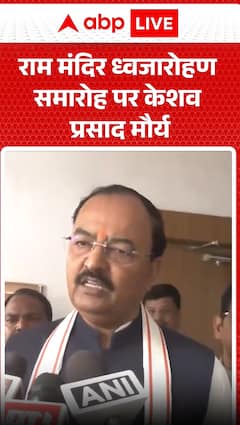Indo-Bangla Border Marked With 'High Degree Of Porosity': MHA Highlights Illegal Migration, Cross-Border Activities
The Indo-Bangla border spans a total of 4,096.7 km, of which 3,145 km have been physically fenced in, according to the Union Home Ministry's report.

The India-Bangladesh border, which has a "high degree of porosity," faces significant problems from illegal migration and cross-border activity, according to a report by the Union Home Ministry, news agency PTI reported.
The border between India and Bangladesh spans a total of 4,096.7 kilometres, of which 3,145 km have been physically fenced in, and the remaining distance will eventually be protected by both physical and non-physical obstacles, according to the report.
"The Indo-Bangladesh border is marked by a high degree of porosity and the checking of illegal cross border activities and illegal migration from Bangladesh to India have been major challenges," the annual report of the Union Home Ministry for 2021-22 was quoted by PTI in its report.
Nityanand Rai, the Union Minister of State for Home, reported on July 26, 2022, that 2,399 Bangladeshi people had been discovered using Indian papers that had been unlawfully obtained during the previous five years.
He said that the Center had ordered state governments to act quickly to locate unlawful Bangladeshi migrants who were living in India.
According to Rai, the states had also been urged to share the information of any illegal immigrants who had got Aadhaar cards inadvertently in order to take the proper legal action.
Former Union minister of state for home Kiren Rijiju had informed Parliament on November 16, 2016 that as per available inputs, "there are around 20 million illegal Bangladeshi migrants staying in India," PTI reported.
The government has reportedly started building a fence along the India-Bangladesh border to prevent infiltration, smuggling, and other anti-national activities from occurring there, according to the home ministry's annual report.
"In order to prevent illegal migration and illegal activities including anti-national activities from across the border, the government of India had sanctioned the construction of border fencing with floodlights in two phases," it said, adding that all the ongoing works are to be completed by March 2024, PTI reported.
Technology-based solutions will make up the non-physical barrier, and permission has also been granted to replace the current fence with a new one.
Due to riverine and low-lying areas, settlements within 150 yards of the border, pending land acquisition cases, and protests by the border population, there have been some issues with the construction of fencing in some sections of this border, according to the report. These issues have caused a delay in the project's completion.
According to the statement, border roads have been built to improve operational mobility and communication in border regions.
Out of the authorised length of 4,223.04 km, border roads have been built for a total of 3,750.87 km. By March 2024, the current work is expected to be finished.
The installation of floodlights along the India-Bangladesh border would be done by the government in West Bengal, Meghalaya, Assam, Mizoram, and Tripura. 2,681.99 km of the sanctioned 3,077.549 km of border floodlighting have been worked on. The remaining work must be finished by March 2023.
When running for prime minister in the 2014 Lok Sabha elections, Narendra Modi of the BJP promised to deport Bangladeshis who were living in India illegally.
"They have been given a red carpet welcome by politicians just for votes. You can write it down. After May 16, these Bangladeshis better be prepared with their bags packed," Modi had said at an election rally in Serampore in West Bengal, which shares a porous border with Bangladesh.
The suspected illegal influx from Bangladesh is thought to have been worst in Assam and West Bengal.
(With Inputs From PTI)
Top Headlines












